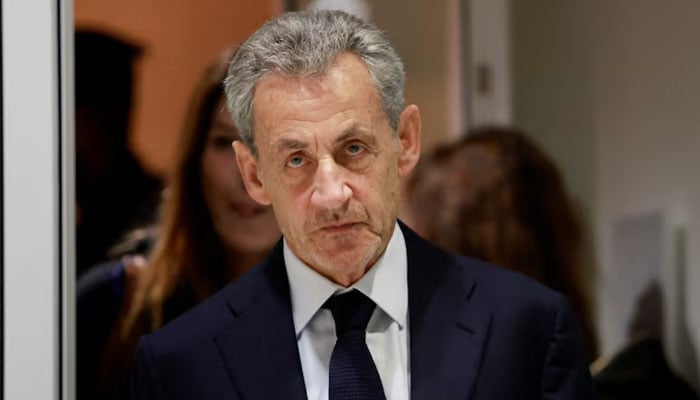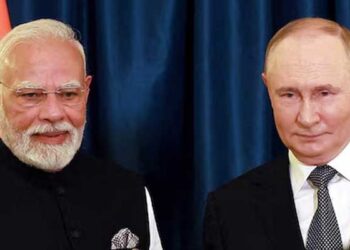Select Language:
Former French President Nicolas Sarkozy is headed to jail after a court sentenced him to five years in prison Thursday, finding him guilty of criminal conspiracy related to dealings with Libya—a historic move against a top French politician. The sentence exceeded many expectations and marks a first in modern French political history. Despite his appeal rights, Sarkozy will begin serving time in jail soon.
As he left the courthouse, Sarkozy condemned the verdict, telling reporters, “Today’s decision is extremely serious concerning the rule of law and public trust in our justice system.” He added, “If they want me to sleep in jail, I will sleep in jail—proud of my innocence,” calling the ruling scandalous.
The court convicted Sarkozy of criminal conspiracy for allowing close aides to attempt to secure campaign funds from Libya during Muammar Gaddafi’s leadership, especially around his 2007 presidential campaign. He was acquitted of other charges, including corruption and illegal campaign financing.
The judge announced Sarkozy could be detained immediately, giving him only a short period to settle his affairs before prosecutors will likely transfer him to jail, probably within the next month. Sarkozy has long denied any wrongdoing, alleging that he was misled and that the case is politically motivated. The accusations stem from a deal purportedly struck in 2005 when he was France’s interior minister, allegedly to obtain campaign financing in exchange for support of the Libyan government.
While the court found no concrete proof that Sarkozy made such an agreement or that Libya’s funds directly reached his campaign, it determined he was guilty of criminal conspiracy by permitting his aides to contact Libyan officials for campaign donations. Sarkozy, now 70, has been under trial since January and maintains that efforts to link him to Gaddafi were politically driven.
This ruling comes amid other recent legal setbacks for Sarkozy. Earlier this year, France’s highest court upheld his conviction for corruption and influence peddling, requiring him to wear an electronic ankle bracelet for a year—an unprecedented move for a former French president. That requirement has since been lifted. Additionally, last year, an appeals court confirmed a separate conviction related to illegal campaign funding during his failed 2012 re-election bid, with a final ruling from the highest court pending next month.
Despite these legal challenges and losing his Legion of Honour award in June, Sarkozy remains an influential force in French politics. He recently met with Prime Minister Sebastien Lecornu and has expressed support for Marine Le Pen’s National Rally party, describing it as part of the “republican arc.”







